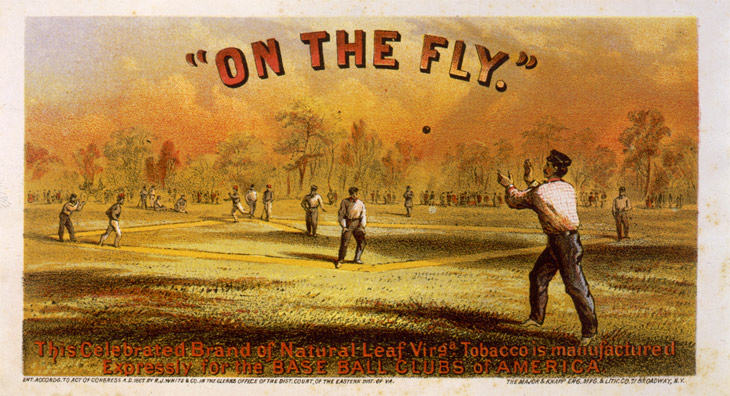When to OTF:
- If something dramatic has just happened, but the dust has pretty much settled. But don’t interrupt characters that are still talking to each other about a dramatic event, rather wait for them to finish when they are alone. This is why you often see them done in cars, as the character is driving away after something dramatic.
- If there are characters that only appear in this scene and you will never get a chance to really interview them. For example, if a spoiled character has to get a job for this episode, make sure to OTF the boss at the job and fellow employees.
- Likewise, you should OTF the main cast if you are in a location that you will never visit again so you can have them on camera in that space. So make sure to OTF the spoiled character while they’re in their embarrassing work uniform.
- If the character is doing something and you want them to explain their actions while they are doing it, particularly if their routine is the subject of the program. For example, if your show is about heroin addicts, have them explain to you what they are doing with each step of getting the drug ready, cooking it, shooting it, etc, while they are getting high. Be careful not to overdue this method, make sure you have some footage of the character going through their routine silently.
The Holy Trinity
Directors, crew and even Executive Producers often have little patience for OTFs and ten minutes is considered a very long OTF. If for some reason you have time to ask only three questions, they should be:
1. How do you feel about what just happened?
2. How did you feel before it happened?
3. How did you feel while it was happening?
In the worst case scenario, any other information can be supplied in post. Characters can be identified by lower thirds, scenes can be set up by narrators or title cards, but one thing we cannot create in post is how someone felt at the time. If you can get nothing else out of an OTF, find out how the character feels.


In the old days there was a battle between OTF and ITM (in the moment.)
ReplyDeleteLittle reality history right there.
Well ITM is the Red-Ray of reality, because OTF definitely won!
ReplyDeleteITMs and OTFs are distinctly different. ITMs happen while doing the action. OTFs are done separate from the action. ITM example above is the description of the heroin addict explaining the process while he physically does it. And, some shows have ditched formal interviews and completely rely on OTFs or OTF-looks.
ReplyDeleteThat makes sense. Most of my experience is in post, and we call everything from the examples above OTFs. But even when I worked in the field, I never heard the term ITM until this comment thread, so you learn something new every day!
ReplyDeleteAnd you're definitely right, I have worked on shows that don't have formal interviews...I believe Celebrity Rehab is one. They use only OTFs and VO.
I use both in my documentary Furthest from the Wild. I think both are great methods from interviews.
ReplyDeleteHi Dan! Thanks for the article. Im a sript supervisor who experence has only been in scripted shows and fiction tv shows. I was always in charge of continuity since it was filmedout of order of story, i was also in charged of the timing of each scene to ake sure we didnt go over what it was estimated to be. In reality v is different and i just booked a job as a script supervior for a reality - singing competition. Do you haveany advice on wat my duties would really be? or a work olegue that has been a script supevisor in reality shows that could give me a hand? Thank you!
ReplyDeleteWell I asked around and nobody has been able to point me towards a script supervisor, even in large competition shows. So I'm very interested to hear what your job turns out to be! My guess would be either your duties are the same as a scripted show and you'll be working on the scripted portions of the show -OR- you will be more of a story producer where you are logging what happens as it happens for reference later and putting together what you think the final story will be. Let us know what you learn!
ReplyDelete